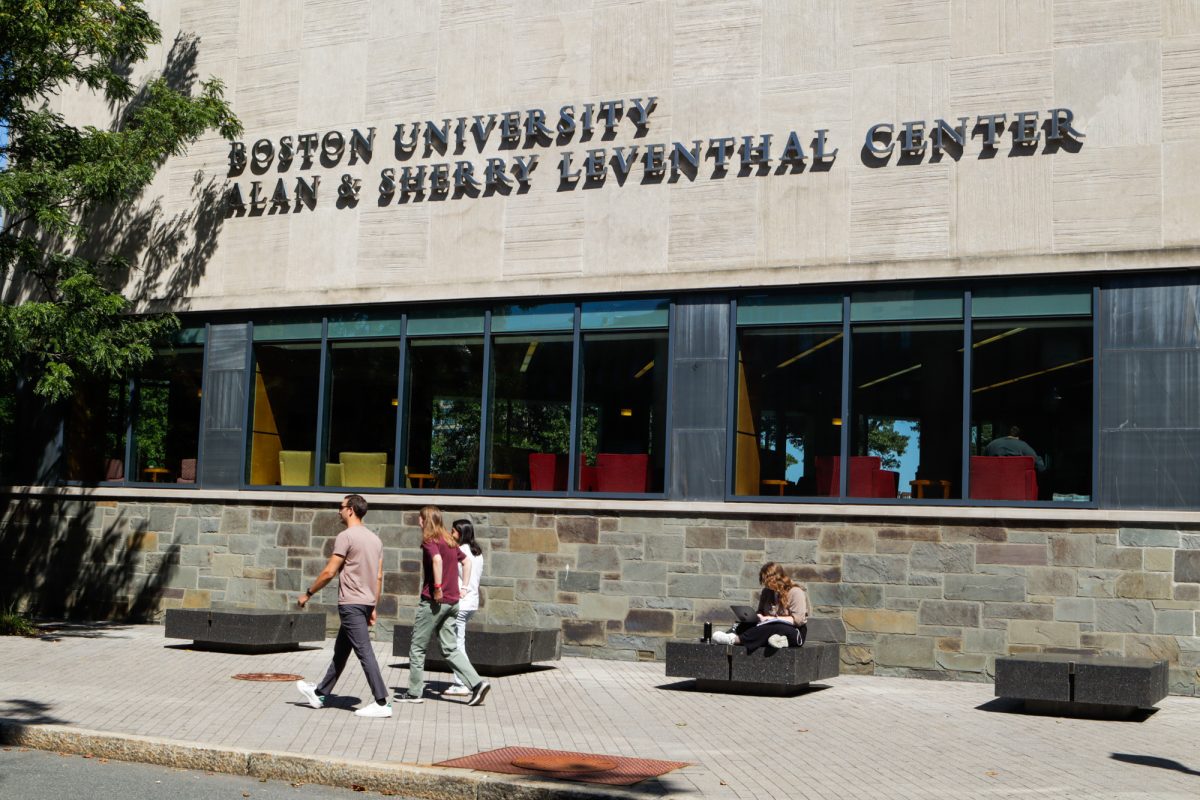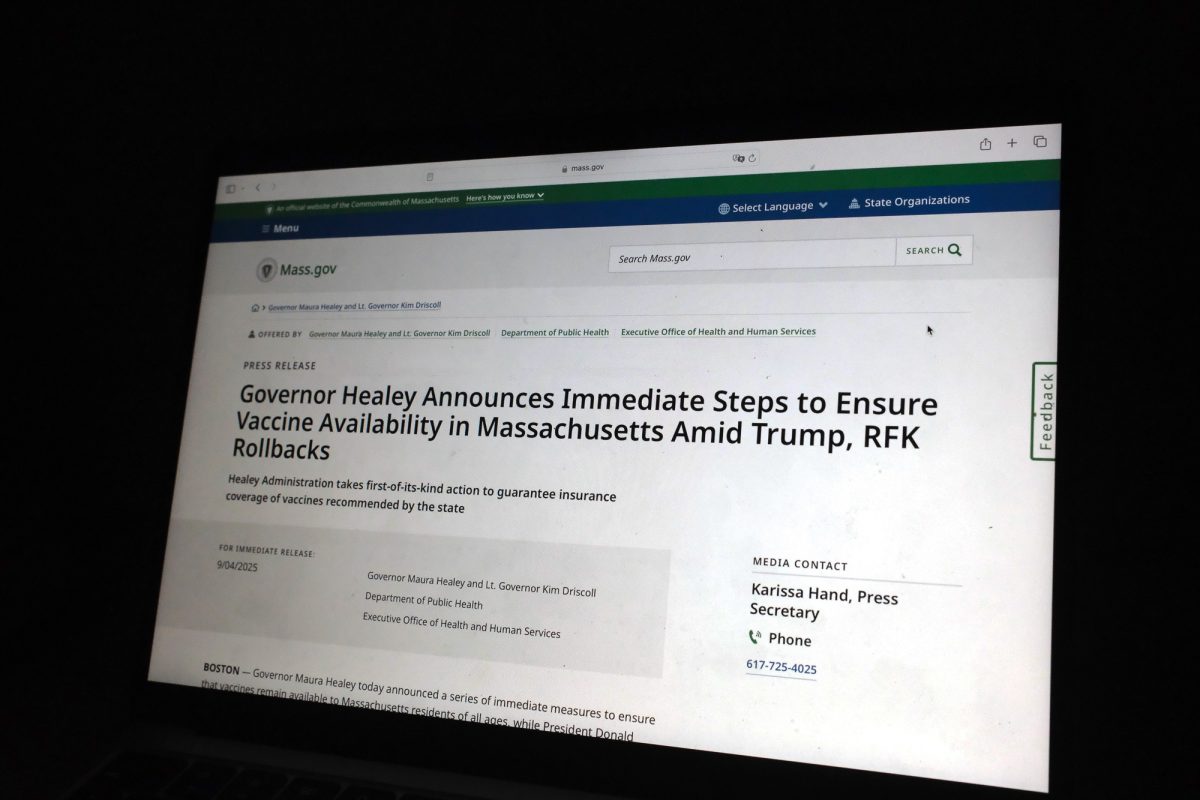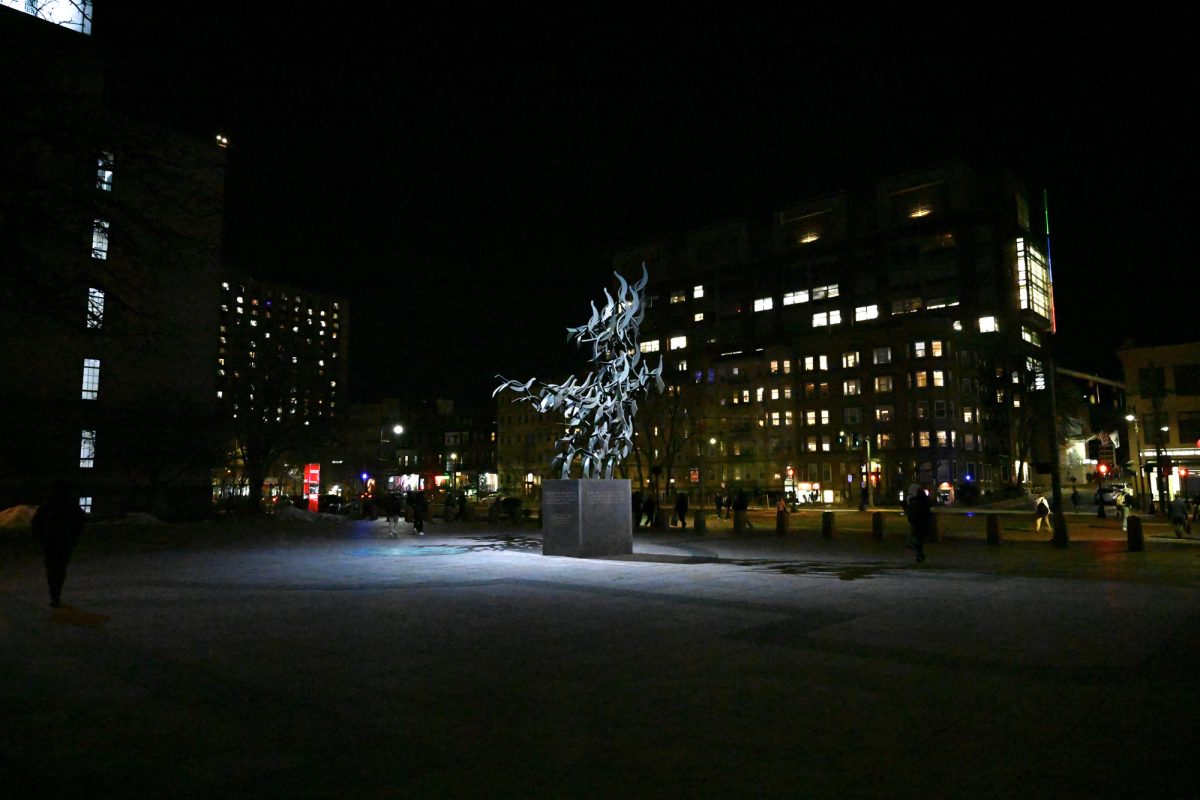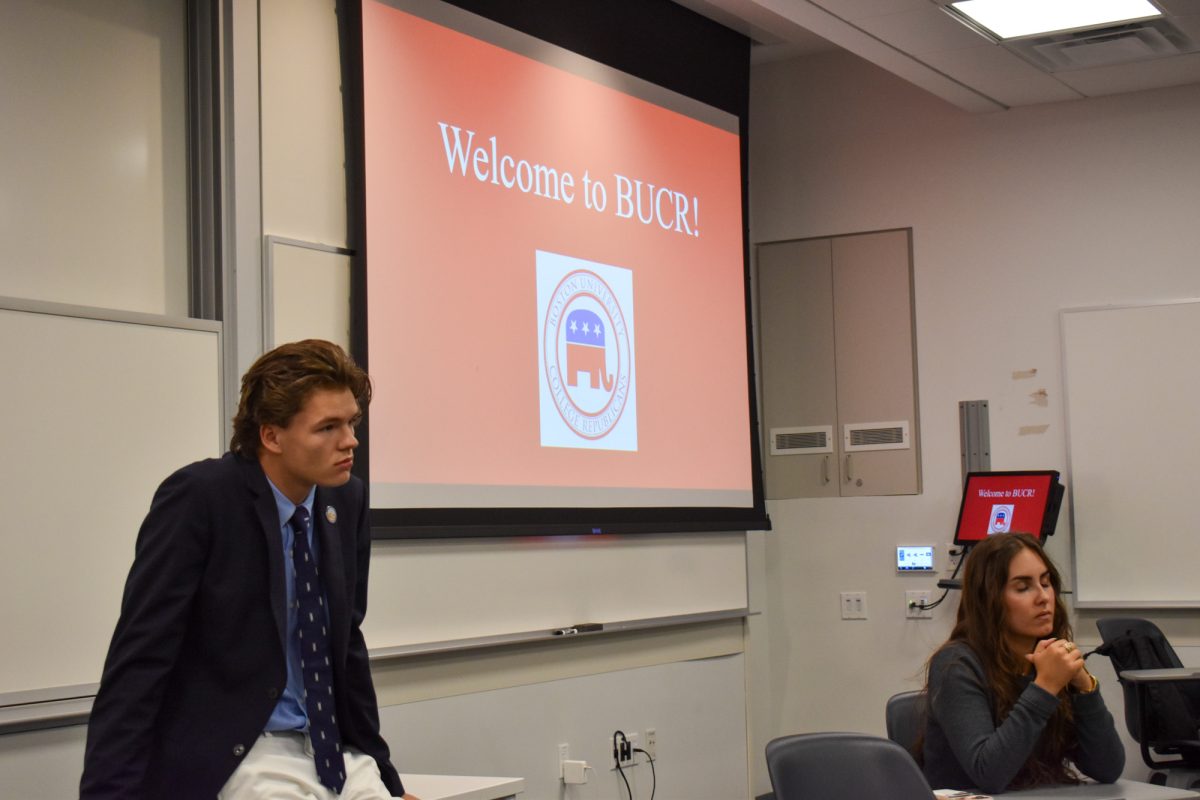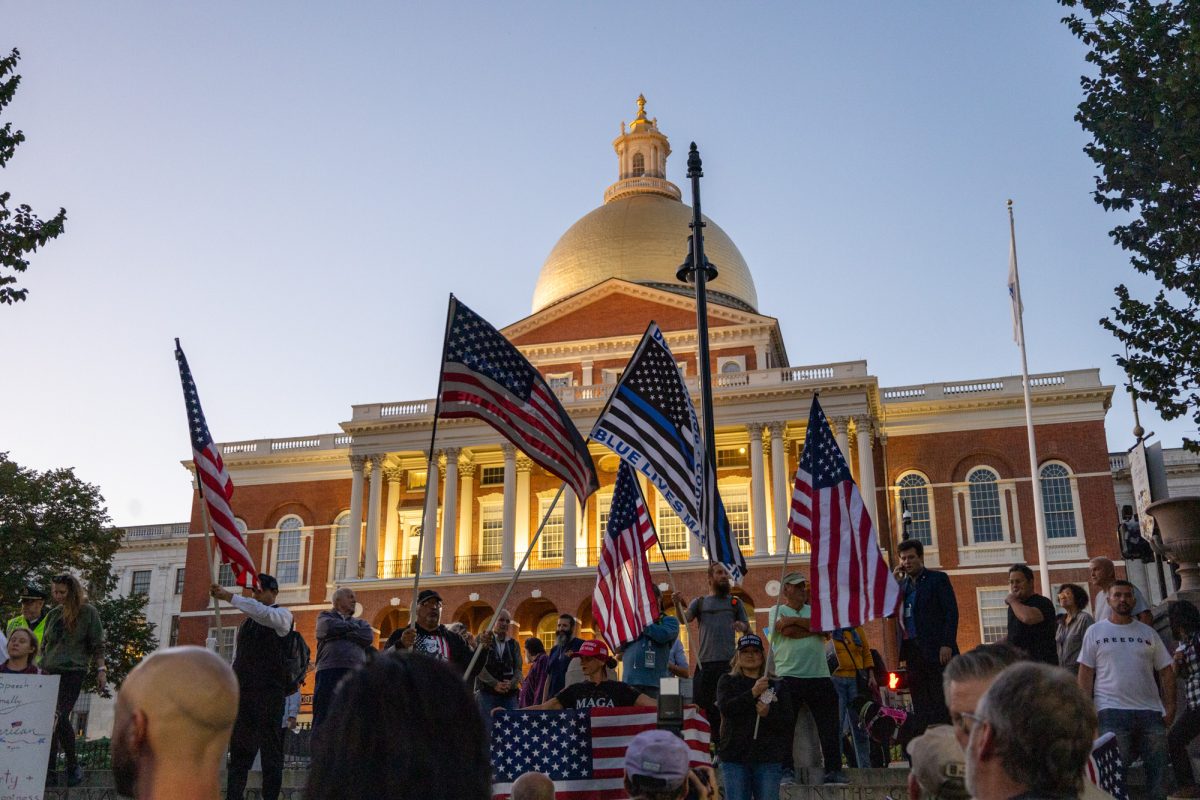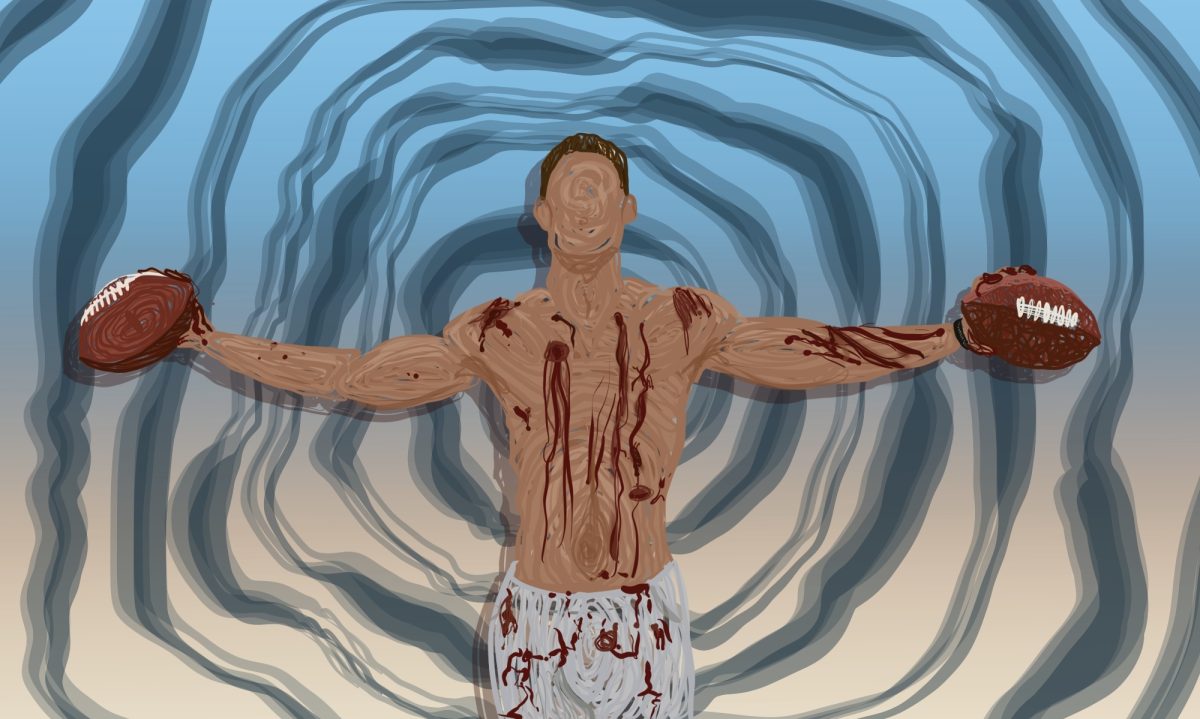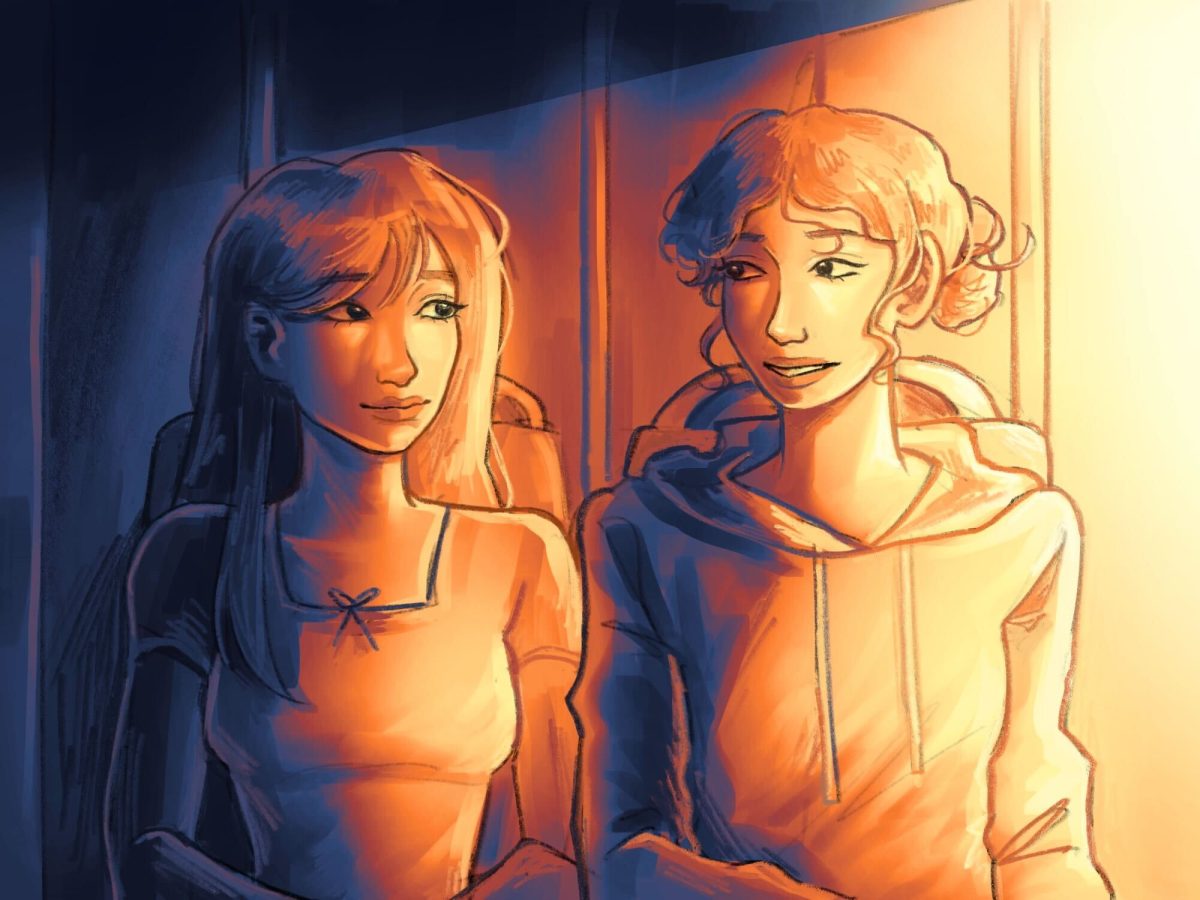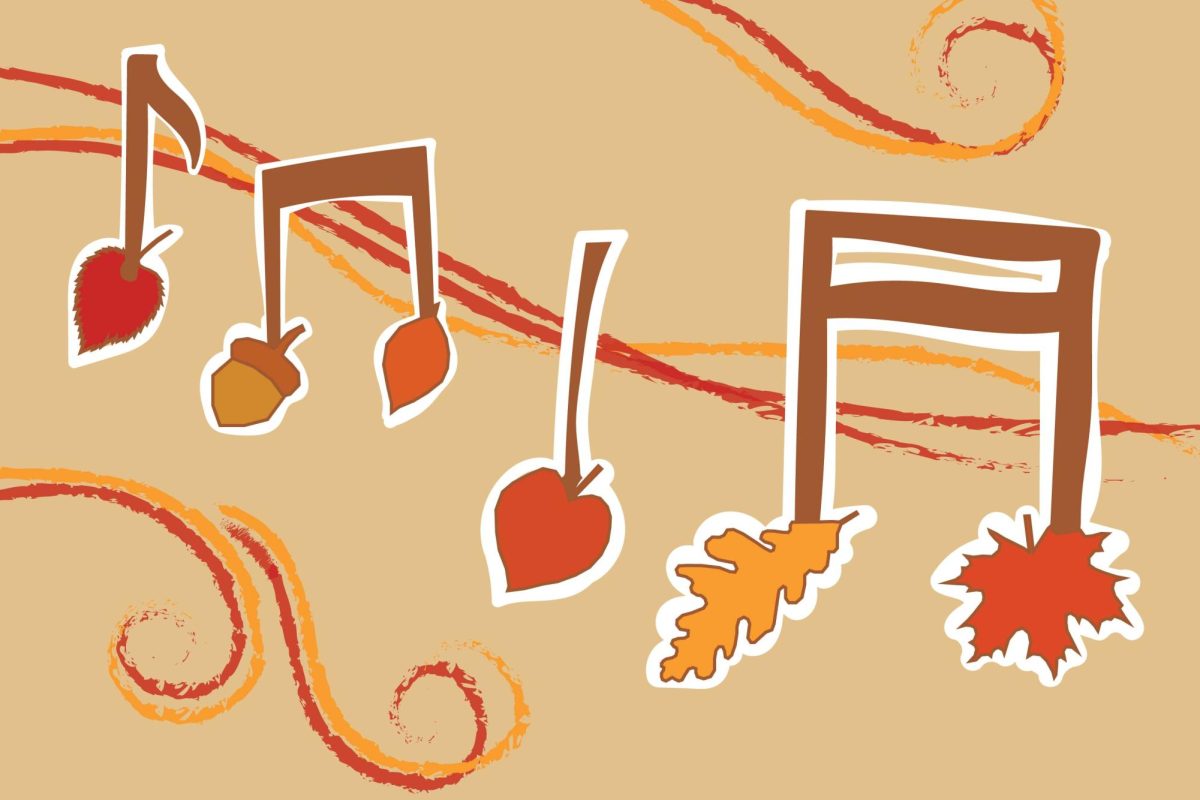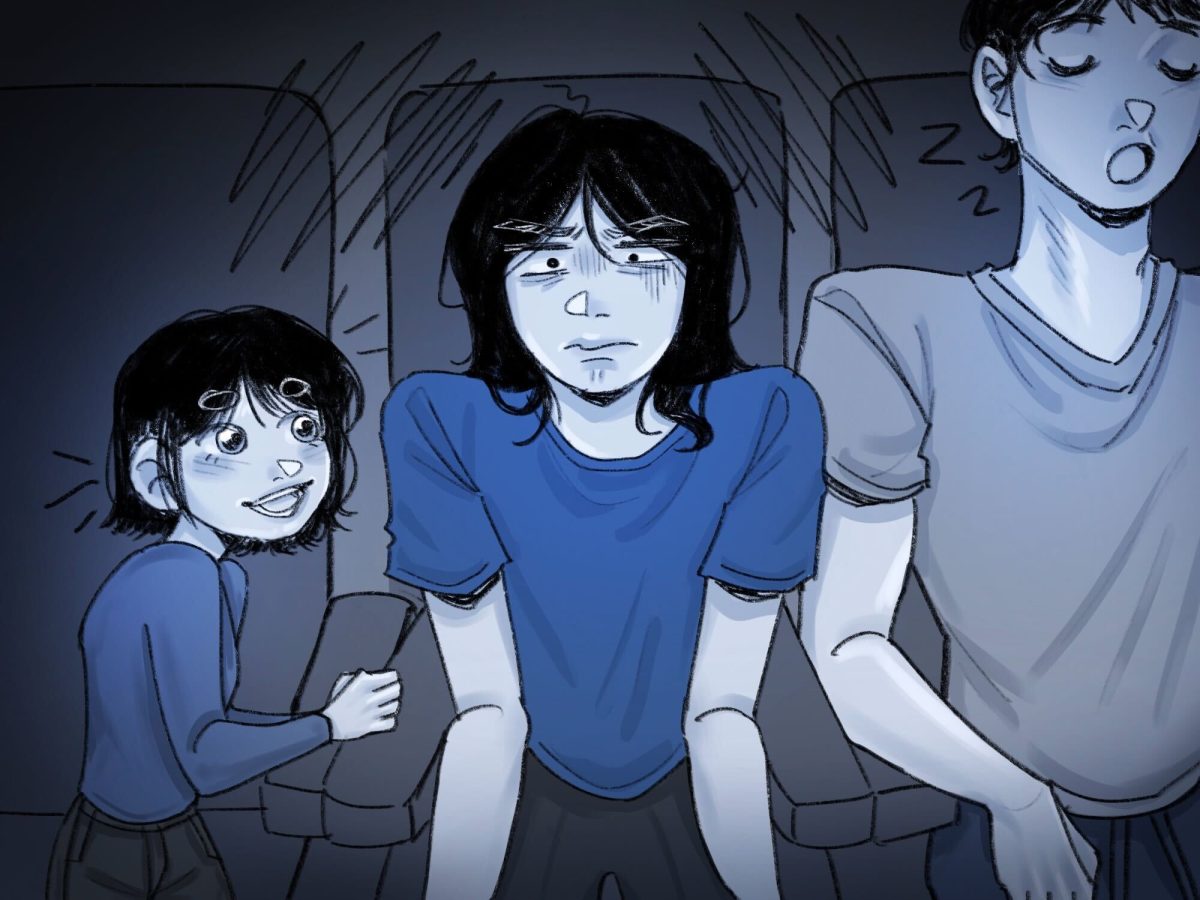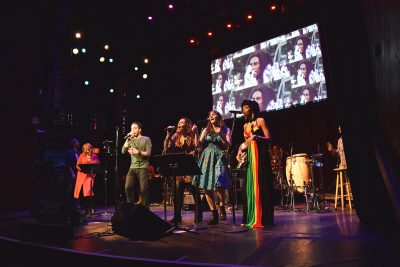
An award-winning performer known for his reggae music, Jamaican artist Nesta Robert “Bob” Marley was revived once again by the student-based Bob Marley Ensemble at the Berklee Performance Center on Feb. 2. The 40-year anniversary of Bob Marley’s “Exodus” album was celebrated with passion and pride, as a select group of talented Berklee College of Music musicians used the power of their voices and instruments to recreate Marley’s vision.
The performance featured a special guest, Vivien Goldman, a musician, writer and expert on “post-punk” reggae culture who is known as the “Punk Professor” at New York University.
Through punk, Goldman said she found an “opening of the door” in what she deemed a patriarchal music business in the late 1970s and early 1980s. This genre of music was “very freeing, for all the girls, the Slits, the Raincoats,” Goldman said.
Matt Jenson, the director of the Berklee Bob Marley Ensemble, also joined the stage with Goldman. Jenson started a class titled “The Music and Life of Bob Marley,” where he works closely with students to intensively train them in preparation for the honorary performances.
“It’s a professional sounding group,” Jenson said. “We play at most of the clubs in Boston. It’s a long-standing tradition that I’ve created there. I try to take every opportunity I can to spread the awareness.”
His ultimate goal is to turn his students into “musical and human revolutionaries,” he said.
“They come to it with their own passion, but it’s deepened by learning what it stands for and what Bob stood for,” Jenson said. “I tell them, ‘You make it your own.’”
The ensemble not only performed the “Exodus” album, but also addressed the political turmoil Marley himself faced and overcame in the 1970s. Viewers experienced the full reenactment of Marley’s life and the pinnacle of his music career.
“We don’t just play the music,” Jenson said. “I spend about a third of the class giving lectures, we do movie reviews of some Jamaican movies, I take them on a biological tour of his life.”
By the time they’re ready to perform, Jenson said, the students know more about Marley’s life and activism than most people on the planet.
“Bob himself was a political refugee at the time of this record,” Goldman said. “The relevance right now is seismic. The narrative of ‘Exodus’ is incredibly profound, the way that Side 1 is really heavy, all the brutality and the guilt — it’s so stirring.”
Goldman continued to elaborate on the conflicting tones of the two sides of the record, referring to the vinyl days when one side was considered the more popular, mainstream sound as opposed to the other.
“Everybody knows the Side 2 type songs, all the happy, jolly songs, but you have to fight to get there,” Goldman said. “We are in that phase of fighting to try and get there. Content-wise, message-wise, you go through the darkness to get to the light.”
It was clear during the performance that Marley managed to propel his thinking to popularity and produce an “anti-elitist” sound.
“What was happening generationally, due to the punk movement, when the first black-British generation was coming, the time was very similar to now,” Goldman said. “There was a lot of pressure and fighting in the streets, there was the rise of fascism on a national front and music was on the barricades.”
Goldman, Jenson and the students collaboratively captured this ongoing struggle and the essence of Marley in one powerful package, said Beth Butler, 68, of Wayland.
“The student musicians are exciting,” Butler said. “The way Vivien Goldman explained Bob Marley’s message through her narration was educational and uplifting.”
Alondra Ladd, a sophomore at Berklee and a current trainee of the upcoming Berklee Bob Marley Ensemble, commented on the profundity of the show as a whole.
“They’re not only spreading a genre of music, but a whole message,” Ladd said. “Bob Marley wanted to spread his message as much as possible because they were struggling back then. There’s a lot of negative people speaking, and he’s that one person trying to be positive.”
But Jenson’s motive behind creating the Marley class stretched further than the history of a musician.
“For me, great music comes from something deeper than technicalities,” Jenson said. “It comes from the heart, when people really are expressing themselves.”
This article has been updated.



